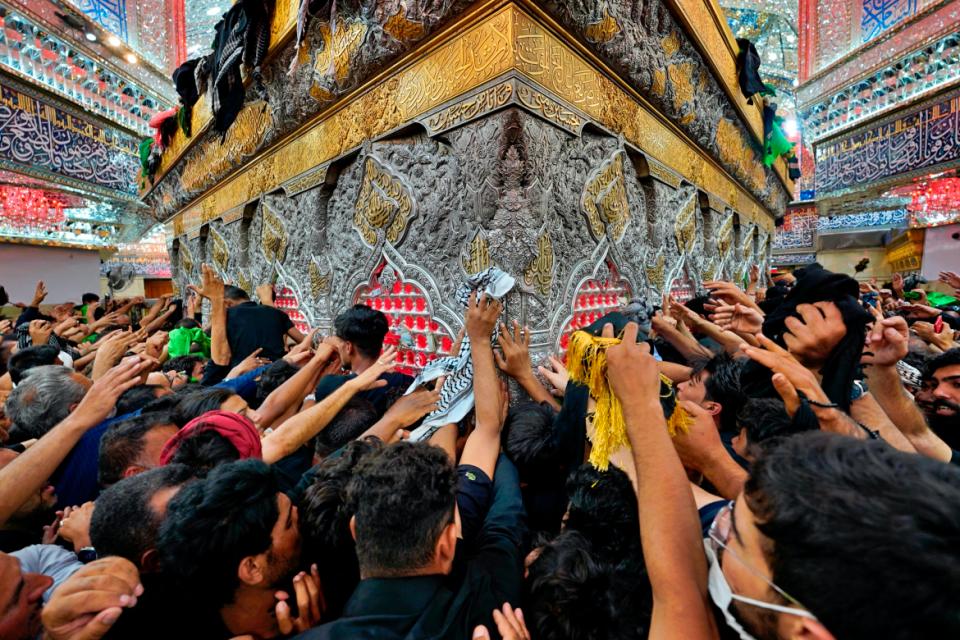Hadil Faris, Independent ResearcherFollow
Kevin A. Griffin, Technological University Dublin
Religious tourism and pilgrimage around the world have changed dramatically in response to the Coronavirus pandemic, thousands of sacred places closed their doors; religious leaders appealed to their followers not to perform their spiritual or pilgrimage journeys for their own and others safety. The holy city of Karbala, like any other sacred place, is affected by the pandemic; every year, the holy city of Karbala witnesses the convergence of millions of pilgrims, being among the most important pilgrims for Shia Muslims. Of particular importance for these pilgrims is Ashura, which marks the day that Hussain bin Ali, the grandson of Prophet Muhammad, was killed in the Battle of Karbala and subsequently, Arbaeen (Arba’een), or the forty days of mourning, that follow.
The religious tourism sector in Iraq has been witnessing a continuous decline since demonstrations against the government began last October 2019, but the spread of Coronavirus in the world has had a severe impact on the tourism industry in Iraq and in Karbala in particular. The country closed its borders with Iran and other neighboring countries, and prevented gatherings, including religious events, to avoid the outbreak of the coronavirus. Under the direction of the Iraqi Ministry of Health, religious cities have stopped receiving tourists and pilgrims from inside and outside the country. Karbala has experienced a significant decline in the number of visitors for the past number of months, a decline never witnessed before. The tourism industry is seriously impacted as a result; hotels, restaurants & local shops are suffering the most.

